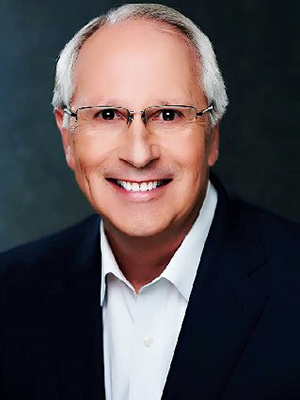The laughter of children playing with siblings and cousins at a family gathering while the turkey and dressing is placed on the table is a wonderful memory. The young mother has put the baby down for a nap, and now we all enjoy a wonderful meal and a great time of fellowship. The parents and grandparents are so proud to see the family together and you can see their happiness in sharing this memory together.
I am probably not the only one that was able to share some special times like this when our children were young and we look back on those memories.
A few years have passed and the family dynamics have changed because some of the family members are no longer present. The children are now teenagers and have heard their parents talk about others in the family in terms that are not pleasant. They don’t want to be with their cousins. Now we have a skunk on the table with hot sauce and cold mashed potatoes (not really, but I thought this would keep your interest).
That is unfortunately a true story for many families that have shared their histories with me. It doesn’t have to be this way. When money and property become issues after the death of a loved one, family traditions often die as well unless these affairs of life were dealt with before the loved one passed.
Numerous times I have stated that money itself is not the problem, but money (or property and things of value) reveal the values and character of others. One of the greatest gifts that God has given us is to love and be loved. Family traditions can truly live on when that is the center-piece of family values. Love is unselfish.
In a previous article in Bella, I shared that one purpose of a good financial plan is to reduce stress. Everyone consistently states that would be at the top of the list of objectives of a good financial plan.
Good planning begins in developing clarity about which issues need to be addressed. The next step is having clarity on what makes a plan good. Now we have created a plan. Is this good? Maybe.
The best plan in the world is of no value if it is not implemented. That’s easier said than done. We are creatures of habit, and habits are hard to change. This will sound self-serving, but what I am about to state is based on years of research regarding finances.
People who work with a trusted advisor to create and implement a current and long-term plan, and maintain a good relationship with their advisor, average about 3% per year more in their investment portfolio. They create discipline and good habits, they allow the advisor to be their coach, and they hold themselves accountable to avoid emotional investment decisions.
If family traditions are important, then it should be because family is important. If family is important, it is because we learn that loving and caring for others is more important than being focused on oneself.
Whether it is in a marriage with a young couple or a family with 10 siblings, the family traditions will be healthy and maintained when the family’s values are focused on making good decisions in life. When we are struggling financially, it is hard to be focused on others. Make good decisions and enlist the help of a professional you can trust who has your interests at heart.

Thomas H Herlong, CLU, ChFC, CLTC
General Partner, Herlong & Doran Financial Group
























